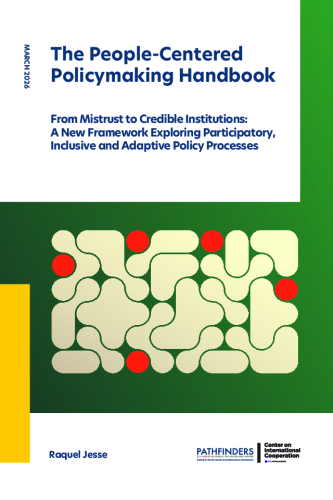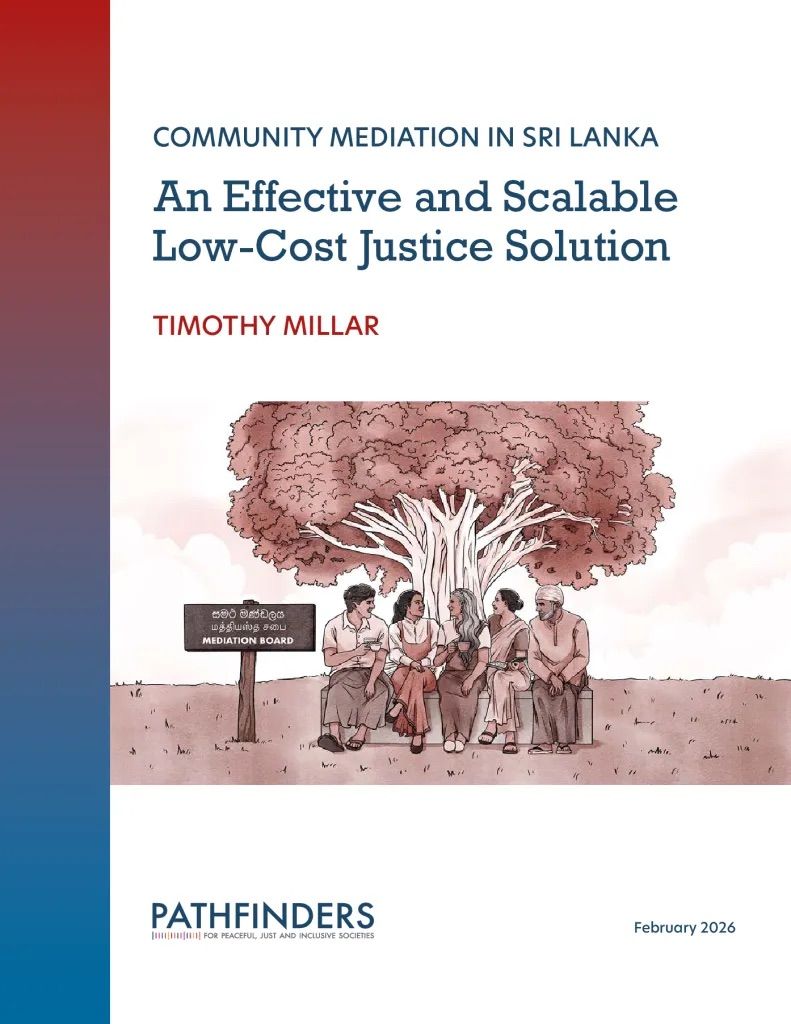As the world faces a significant upward trend in conflict—including a tripling of civil wars since 2007 and conflict increasingly prevalent in middle-income countries—practitioners in peace and security have sought to expand their toolkits to take advantage of the revolution in information gathering, data analytics, ICTs, and machine learning. On March 20, 2019, participants from around the world showcased 25+ innovative, data-driven approaches that are transforming the methods and the effectiveness of those working on early warning, conflict prevention, peacebuilding, stabilization, and international security.

Co-organized by the Netherlands Ministry of Foreign Affairs, the NYU Center on International Cooperation, and the UN Peacebuilding Support Office, the workshop fostered practical exchanges on dealing with complexity; addressing polarization; communicating for decision-making; and improving practice and understanding impact. It included representatives from the private sector, multilaterals, government, and NGOs/academia.
Workshop participants noted that although the peace and security field lags behind other sectors, like the humanitarian and development fields, in using data to drive innovation and greater impact, there is a strong sense that we are on the right track in initial attempts to use data-driven approaches.
Recommendations focused on the need for a collective investment in a multi-stakeholder community of practice in order to reap greater benefits, by making available to as many people as possible the knowledge already developed, lessons already learned, and use-cases already identified.
Additionally, there is a need to build and sustain capacities, particularly among those closest to the ground. This includes initiatives to share data, applications, and platforms; to better link early warning to early response; and to bring machine learning and big data to bear on complex problems.
Finally, we need to communicate as much as possible about the practical potential for data, tech, and analytics to advance peace and security, including communicating about success in order to increase the support base for these innovative undertakings, especially among senior leaders and decision-makers.


